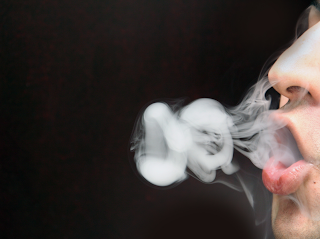
Everybody knows that smoking causes lung cancer, but did you also know that smokers and tobacco users are susceptible to a variety of oral health problems at a faster rate than non-smokers?
It’s true!
Smoking is responsible for almost 75 percent of gum disease in adults; and, similar to smokers, adults who smoke pipes and cigars, as well as those using smokeless tobacco, are just as susceptible to gum disease and other tobacco related health problems.
As soon as you use tobacco products, you become more likely to experience any of these oral health problems:
• Oral cancer
• Gum disease
• Tooth loss
• Loss of bone in the jaw
• Gum recession
• Delayed/impaired healing process after oral surgery or any other treatment
• Decreased success rate of dental implant (tooth replacement) procedures
• Mouth sores
• Loss of your sense of taste and smell
• Bad breath
• Tooth and tongue stains
If you are interested in protecting your oral health, we strongly recommend you quit using tobacco products! The following steps are recommended by the Surgeon General to help you quit smoking and using tobacco:
• Get ready – set a quitting date and remove all materials from your home, car and office
• Get support
• Learn new skills and behaviors
• Get medication and use it correctly
• Be prepared for relapse or difficult situations
Dischinger Orthodontics can help by recommending different options to help you quit, and above all we will support you throughout the quitting process. We are dedicated to helping you protect your oral health – and quitting smoking is significant step in the right direction.
-
Drs. Bill Dischinger, Terry Dischinger and
team
 We have a winner for the Patient Appreciation Contest. Congratulations to the Mines Family! They won a one night stay at the Skamania Lodge and a dinner or brunch credit of $60.
We have a winner for the Patient Appreciation Contest. Congratulations to the Mines Family! They won a one night stay at the Skamania Lodge and a dinner or brunch credit of $60. 







